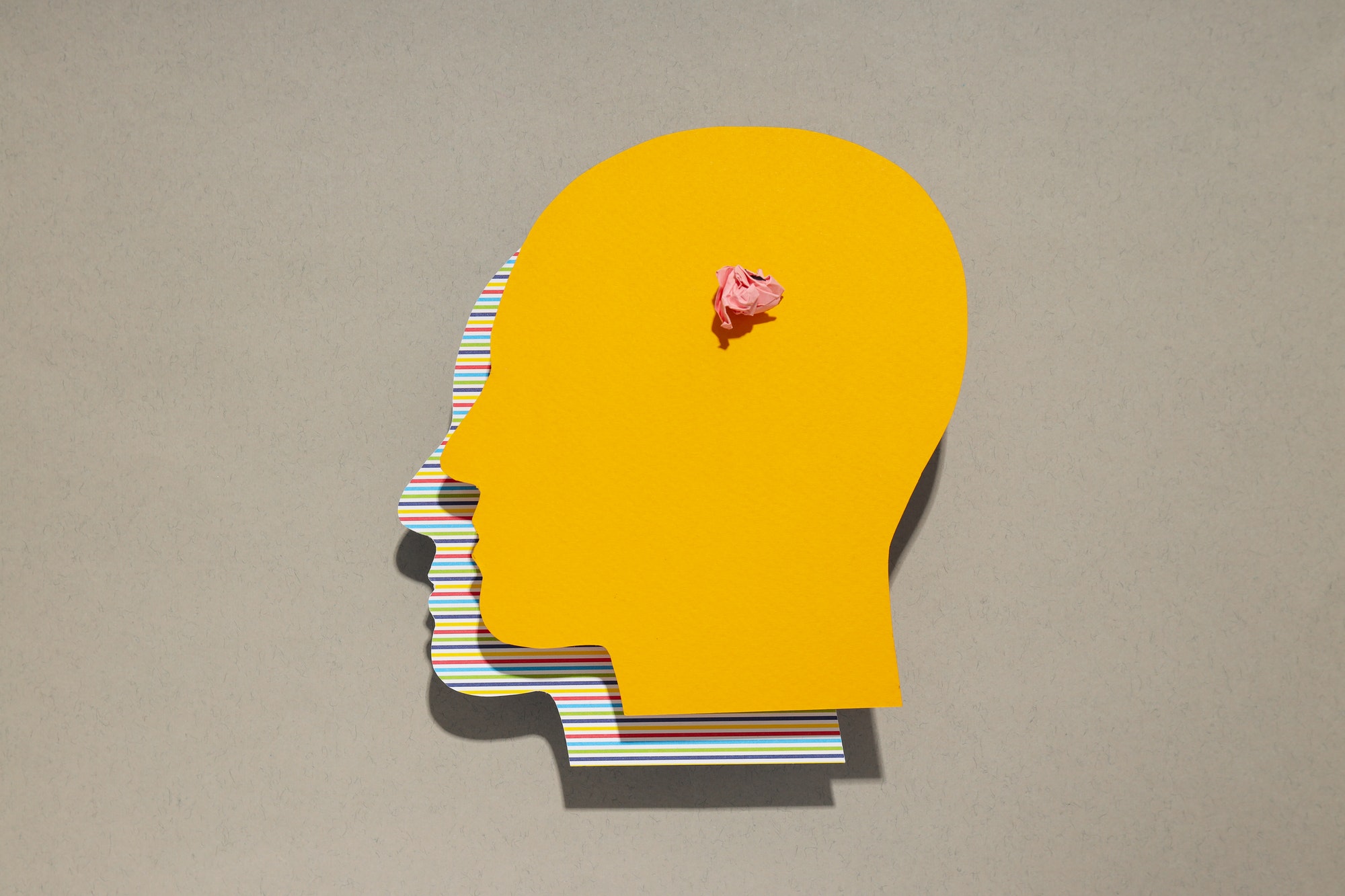Bipolar disorder, a complex mental health condition characterized by extreme mood swings, often presents itself through distinct episodes of mania and depression. However, nestled between these extremes lies hypomania, a lesser-known but equally significant aspect of the disorder. While it may seem like a milder form of mania, hypomania carries its own set of challenges and potential consequences.
Understanding Hypomania:
Hypomania can be described as a sustained state of elevated mood, energy, and activity. Individuals experiencing hypomania often feel euphoric, exceptionally productive, and brimming with creative ideas. They may exhibit increased talkativeness, racing thoughts, and a decreased need for sleep. While these traits may appear positive on the surface, the key distinction lies in the intensity and impact on daily life.
Distinguishing Hypomania from Mania:
While both hypomania and mania involve elevated moods, hypomania is generally less severe and disruptive. Mania often leads to significant impairment in social or occupational functioning, potentially resulting in hospitalization. Hypomania, on the other hand, may even enhance productivity and creativity for some individuals. However, it’s crucial to recognize that hypomania is not without its risks.
The Potential Downsides of Hypomania:
The elevated energy and impulsivity associated with hypomania can lead to poor decision-making, risky behaviours, and strained relationships. Individuals may engage in excessive spending, substance abuse, or hypersexuality. The decreased need for sleep can eventually lead to exhaustion and exacerbate mood instability. Moreover, hypomania can be a precursor to a full-blown manic episode, making it crucial to recognize and manage its symptoms.
Coping with Hypomania:
If you suspect you or someone you know is experiencing hypomania, seeking professional help is crucial. Treatment options for bipolar disorder, including hypomania, often involve a combination of medication, therapy, and lifestyle changes.
Here are some additional tips for managing hypomania:
- Maintain a regular sleep schedule: Prioritize getting enough sleep to prevent mood swings and maintain emotional stability.
- Practice mindfulness: Techniques like meditation and deep breathing can help manage racing thoughts and impulsive behaviour.
- Develop healthy coping mechanisms: Engage in regular exercise, pursue hobbies, and connect with supportive friends and family.
- Monitor your moods: Keep track of your moods and energy levels to identify patterns and potential triggers.
- Communicate with your support system: Talk openly about your experiences with trusted individuals who can offer understanding and support.
Hypomania is a often manageable aspect of bipolar disorder. By seeking help, implementing coping strategies, and prioritizing self-care, individuals can navigate the highs and lows of hypomania and live fulfilling lives.














